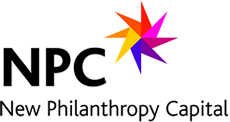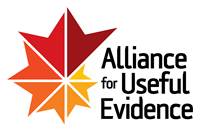This research report by EVPA, is a collection of experiences and lessons from twelve organisations within venture philanthropy and social investment. It aims to share their learnings from failure with other practitioners.
The Single Market Act II states that “the Commission will develop a methodology to measure the socio-economic benefits created by social enterprises. The development of rigorous and systematic measurements of social enterprises’ impact on the community is essential to demonstrate that the money invested in social enterprises yields high savings and income”. The Social Impact Measurement (GECES) sub-group was therefore set up in October 2012 to agree upon a European methodology which could be applied across the European social economy. This paper provides a summary of the report on social impact measurement.
Ex ante impact assessment is a tool and process to estimate the likely future effects of policy proposals, and a Social Impact Assessment (or SIA) concerns the social effects rather than the economic, fiscal, environmental and so on. Well-conducted SIA can support evidence-based policy-making, strengthen the mainstreaming of social protection and social inclusion into other policy areas, and facilitate stakeholder participation in the whole process. But it has become clear that SIA is not a panacea for ensuring that government policies help achieve social objectives. Nor is it well developed throughout the EU. This Peer Review from the European Commission is concentrated on one aspect of the problem — that of appropriate methodologies, tools and data sources, as illustrated by real-life cases. It builds on past work which compared and analysed different ways in which SIA is carried out in the Member States and studies which reviewed methodologies suitable for assessing employment and social impacts.





